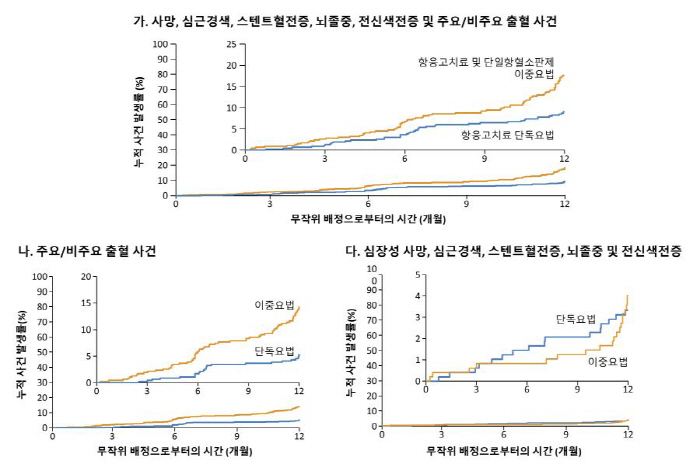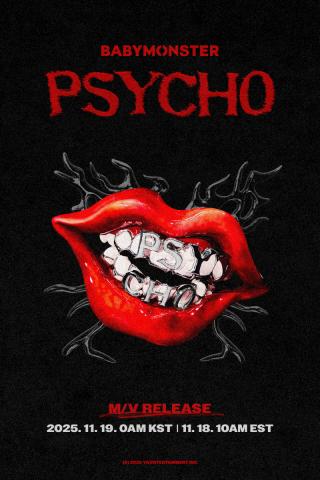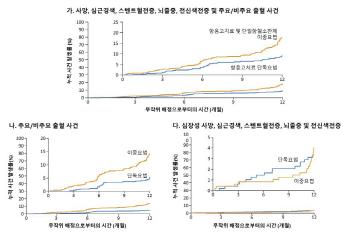Patients with stent-injected atrial fibrillation confirm superiority of anticoagulant therapy monotherapy
Nov 10, 2025
|
A research team led by Kim Joong-sun, Park Hee-nam, Lee Seung-joon, Yoo Hee-tae, Lee Yong-joon, and Lee Sang-hyup of the cardiology department at Yonsei University Severance Hospital announced on the 10th that anticoagulant therapy alone has fewer side effects such as bleeding and higher safety in patients with atrial fibrillation with stents than double therapy with single antiplatelet drugs.
The results of this study were published simultaneously in the international journal `New England Journal of Medicine (NEJM, IF 78.5)' along with the announcement of the `Late-Breaking Clinical Trial' by the American Heart Association (AHA).
Atrial fibrillation is known as a major risk factor for stroke and systemic embolism. For this reason, anticoagulant therapy is recommended for patients with atrial fibrillation to prevent blood clots in the heart.
Patients who underwent coronary intervention using stents will receive antiplatelet treatment to prevent myocardial infarction and stent thrombosis. In general, two types of antiplatelet drugs are taken for one year of stent insertion, and it is recommended to maintain one type of antiplatelet agent to reduce the risk of bleeding in the patient after one year.
On the other hand, if a patient with atrial fibrillation has a stent inserted, both anticoagulant therapy for atrial fibrillation and antiplatelet therapy for stents are required even after one year of stent insertion. In this case, just like taking two types of antiplatelet drugs, the risk of bleeding is high for patients, so a treatment strategy to properly manage it is important.
Currently, the guidelines of the American and European Heart Associations recommend anticoagulant therapy alone after one year of insertion for patients with atrial fibrillation with stents inserted. However, this recommendation is not limited to patients with stent insertion, but is based on a study of all patients with coronary artery disease, so there is a limit to its collective application to patients with stent insertion.
The research team conducted an ADAPT AF-DES study to establish the most suitable anti-thrombotic treatment strategy for patients with atrial fibrillation with stents inserted.
We compared and analyzed the clinical outcomes of 'anticoagulant therapy monotherapy' and 'anticoagulant therapy and single antiplatelet drug double therapy' in patients with atrial fibrillation with 960 stents inserted from 32 institutions in Korea between April 2020 and May 2024. The research team randomly assigned enrolled patients to an anticoagulant therapy group using apixaban or rivaroxaban and a double therapy group in which clopidogrel single antiplatelet agent was added to anticoagulant therapy, and followed up for a year.
As a result of the analysis, death, myocardial infarction, stroke, systemic embolism, and major/non-major bleeding events occurred in 9.6% in the monotherapy group and 17.2% in the dual therapy group, confirming the higher treatment safety of monotherapy.
In detail, there was no significant difference between the two groups in ischemic events such as mortality, myocardial infarction, stent thrombosis, stroke and systemic embolism, but major and non-major bleeding events occurred 2.3% and 2.9% in the monotherapy group and 6.1% and 7.1%, respectively, in the dual therapy group, indicating that patients receiving double therapy experienced more bleeding events.
Professor Kim Joong-sun said, "This study is of greater significance in that it is a comparative study of treatment strategies for patients with atrial fibrillation with stents inserted. We expect that anticoagulant therapy alone can provide strategic treatment to patients by confirming that it reduces the risk of bleeding without increasing the risk of ischemia compared to double therapy."
|
This article was translated by Naver AI translator.















